Ever experience going to bed at night, and thoughts pop up unendingly, and realize we’ve been in bed for the past hour? Now we get more anxious about not being asleep. And then we reach to our phone and scroll on social media because that’s the easiest and most stimulating thing to do. It’s even harder to fall asleep now. We continue doomscrolling until 4am and pass out.
The next day, we wake up and find ourselves spacing out throughout the day. It feels like we’re disconnected from reality.
It turns out, we’re zoning out unintentionally because our brain needs it. It allows the brain to sort itself. It also has other benefits in other areas of our life.
What if we did this intentionally and help our brain sort itself at will? Well, it turns out that chess grandmasters, scientists, great leaders, and inventors have already been doing this intentionally all throughout history. It’s something natural that humanity have been doing but somehow been deprived of due to the arrival of new technologies like the internet and smartphones. Cal Newport calls this trend “Solitude Deprivation”.
Solitude Deprivation
“A state in which you spend close to zero time alone with your own thoughts and free from input from other minds.”
– Cal Newport, Digital Minimalism
How do we reclaim solitude in our life?
Action
Schedule periods of nothingness. Take 5 micro-breaks during the day ranging from five, ten, or twenty minutes long. This needs to be phone-free and something refreshing and relaxing. During this time, we can just do nothing, zone out, and stare into space.
This activity goes by many names
- Aric Prather suggests to take “micro breaks” during the day for better sleep in his book, The Sleep Prescription.
- Barbara Oakley discusses that these activities induce diffuse-mode thinking in her book, A Mind for Numbers.
- Ali Abdaal notes that this activates our Default Mode Network in his book, Feel Good Productivity.
- Cal Newport refers to this as Solitude in Digital Minimalism.
What does this do for us?
It recharges us
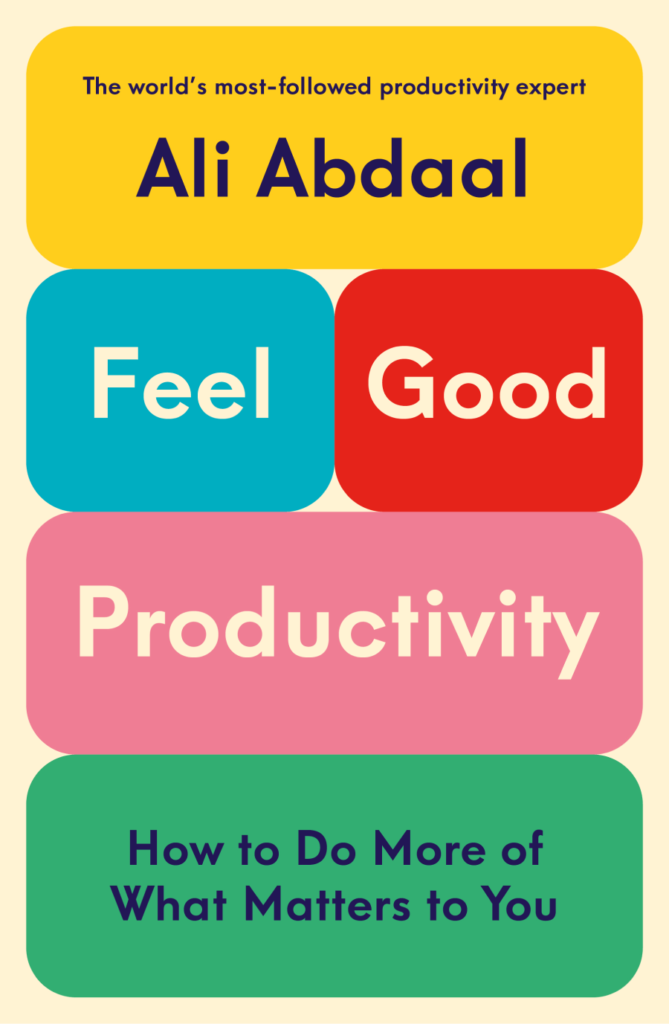
When we stare into space, do nothing, or take a walk without music, we activate our Default mode network allowing us to recall memories, daydream, and imagine the future.
Scheduling time to let our mind wander aimlessly helps us recharge and prevent depletion burnouts.
Check out other recharge methods discussed in Feel Good Productivity by clicking here.
It helps us sleep
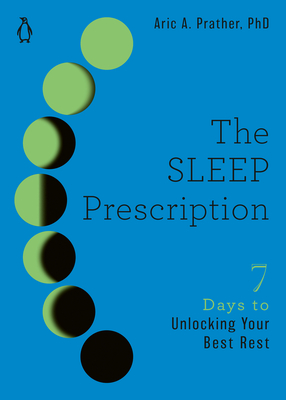
It turns out that people doing mindfulness meditation, especially long term, need less sleep per night. The theory, as discussed in the book, is that the processes in the brain during meditation mimics those processes in the brain during sleep.
Also, when we take regular breaks during the day, it helps us ease into sleep later on because our cortisol level does not build up so high that we would need more time in the night for recovery.
It’s like paying the decrease of cortisol in installments throughout the day, instead of paying it in cash at the end of the day before going to sleep, which does not work.
It helps us regulate our emotions
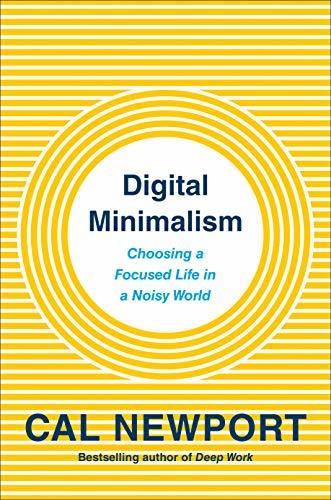
Solitude is defined as a subjective state in which our minds are free from inputs from other minds. This means we can be anywhere and have solitude as long as our mind deals with its own thoughts.
Cal Newport mentions that this alone time helped Abraham Lincoln fulfill his duties during his time as president in a country at war. Newport also mentions that this helped Martin Luther King Jr. reflect and try to make sense of the demands placed upon him and that as a result of this he gained courage.
This unhurried self-reflection gives us insight and emotional balance. In Newport’s words, regular doses of solitude is “necessary to flourish as a human being”.
It helps us solve problems
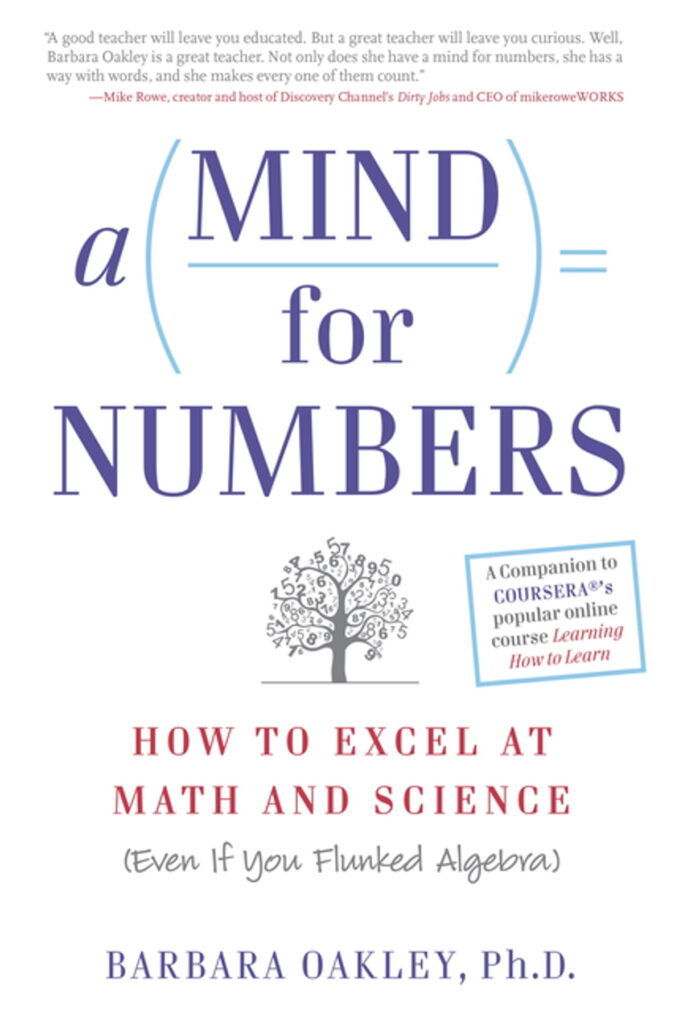
Barbara Oakley distinguishes between Focused Mode Thinking and Diffuse Mode Thinking.
Focused mode thinking involves the pre-frontal cortex of our brain. This is necessary to solve problems in math and science. It involves a direct approach to solving problems. When we intentionally turn our attention to something, that is where focused-mode thinking happens.
However, in this process, sometimes we get stuck in a problem and cannot find a solution.
And that is where diffuse-mode thinking comes into play. It allows our brain to “spread out” and involve big-picture thinking. This is often where insights and breakthroughs arise.
But in order to reap the benefits of diffuse-mode, we must have allotted significant time on focused-mode first.
We get into diffuse-mode when we disengage on whatever we’re focusing on, and do something else. The inventor, Thomas Edison, intentionally uses this technique by taking a nap when finding a solution to a difficult problem. The artist, Salvador Dali, also switches into diffuse-mode in a similar way to find inspiration for his creative works.
Other options to do during the break:
- Take a walk
- Take a bath
- Meditate
- Go to the gym
- Go for a drive
- Sleep/Nap (ultimate diffused mode)
In my experience, staring into space is often associated with going through something emotional in life. Other times, people think I’m bored. It seems unnatural to do this on purpose. However, we miss out on a lot by avoiding this.
My favorite thing about this is it helps with sleep. Sleep is not only valuable in itself, the consequences of good sleep also creep into other parts of our life as well. It helps us be more productive the next day. It does not only help solve math and science problems, it also allows space for us to solve personal problems as well – ones that keep us up at night. Because we are dealing with those problems in the day, it makes it easier to relax in the night. That’s why we also do this when sleep deprived. Our brain needs more of it.
One other thing I found to be useful is having a note app on my phone or a notebook nearby so that whatever insights and solutions I get from these “sessions”, I could remember and take action later on.
Another thing I don’t do while staring into space is listening to music, which is a form of solitude deprivation. Newport points out that it is only after the iPod revolution that humans have been able to listen to music the entire day. It marks the first time humans had the ability to be continuously distracted from their own minds.
Try taking these micro-breaks throughout the day and observe the benefits. Make sure to be safe and be present in your surroundings especially when you decide to take a walk outside.
Quotes
- ✍️ “All of humanity’s problems stem from man’s inability to sit quietly in a room alone.” – Blaise Pascal
- ✍️ “And by it we enter solitude, in which also we lose loneliness.” – Wendell Berry
Books
- 📔 The Sleep Prescription: Chapter 2: Ease Off the Gas
- 📔 Feel Good Productivity Chapter 8: Recharge
- 📔 A Mind for Numbers: Chapter 2: Easy Does It, Chapter 3: Learning is Creating, Chapter 4: Chunking and Avoiding Illusions of Competence, Chapter 6: Zombies Everywhere, Chapter 7: Chunking vs Choking, Chapter 8: Tools, Tips, and Tricks
- 📔 Digital Minimalism: Chapter 4: Solitude
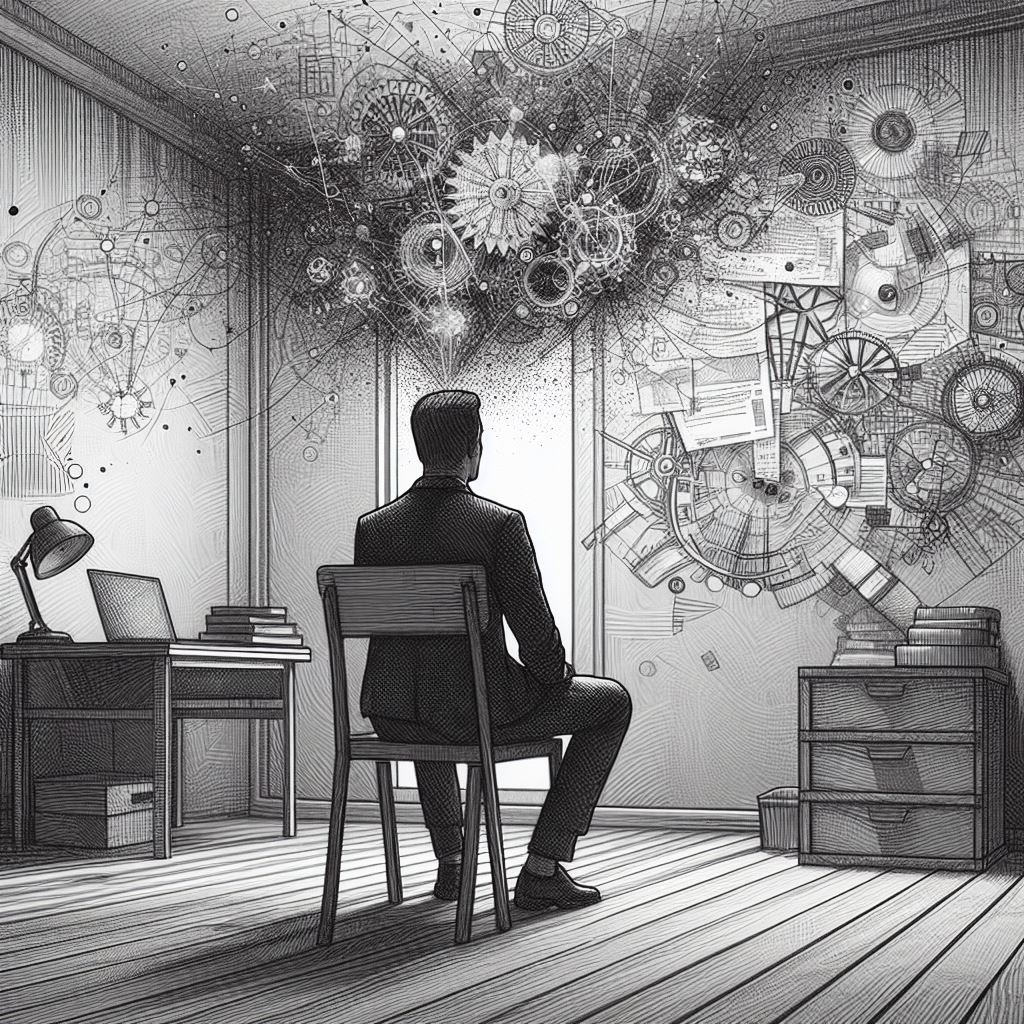
Wow